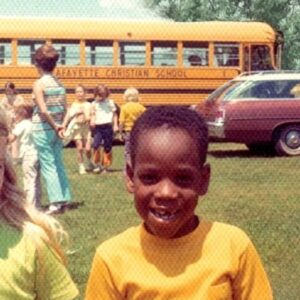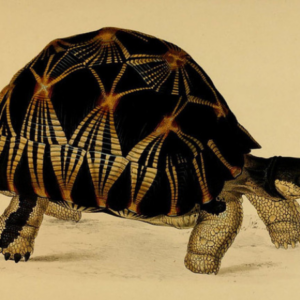Lit Hub Daily: February 25, 2021
THE BEST OF THE LITERARY INTERNET

TODAY: In 1895, novelist, journalist, and reporter George Samuel Schuyler, best known for his satirical novel Black No More; Being An Account of the Strange and Wonderful Workings of Science in the Land of the Free, is born.
- “The protagonist could be our lost brother or uncle. Disaster is familiar, even eloquent.” Joy Harjo on the extraordinary storytelling of James Welch’s Winter in the Blood. | Lit Hub
- Introducing The Longest Year: 2020+, photo essays from the year that won’t end: up first, Elissa Schappell reflects on Rachel Cobb’s NYC dreamscape of protests and PPE. | Lit Hub
- William J. Bernstein offers a brief history of Rapture novels, and how they fit in to decades of moral panic and fearmongering. | Lit Hub Religion
- “YA seems determined to represent HIV/AIDS as a historical issue that is largely detached from young people themselves.” Derritt Mason on the underrepresentation of HIV+ characters. | Lit Hub
- James Canton communes with an 800-year-old oak tree, and thinks of the “ghost worlds” left behind each time an ancient tree is felled. | Lit Hub Nature
- “To exterminate human beings with chemicals, as though they were fleas or cockroaches—this, to the young doctor, was a different order of savagery.” Joby Warrick on the search for answers after a poison-gas attack in Saraqeb. | Lit Hub
- The verdict on Kazuo Ishiguro’s latest, Viet Thanh Nguyen’s Sympathizer sequel, a biography of Tom Stoppard, and more of the Reviews You Need to Read This Week. | Book Marks
- Jeff VanderMeer talks noir, suspense, and his new eco-thriller with Meg Gardiner. | CrimeReads
- Paul McCartney’s two-volume, 900-plus page “self-portrait in 154 songs” will be released in November. | The Guardian
- A new internet archive of free digital books on the culinary history of West Africa. | Atlas Obscura
- “The system is untenable, and mothers cannot continue to live this way.” On the rise of the (literal) monster mom in fiction. | Electric Literature
- How Thinking, Fast and Slow became the go-to book for MLB teams. | New York Times
- Reading this year’s NBCC Award finalists: Stephanie Burt on Amaud Jamaul Johnson’s Imperial Liquor. | Lit Hub
- “How limitless our love for one another can be with our guards down.” Hanif Abdurraqib on friendship, community, and the cultural significance of spades. | New York Times Magazine
- “I think male con artists, at least for most of history, have been put on a higher pedestal.” Tori Telfer on female con artists and the research process behind her new book. | Shondaland
- Christopher Schaberg’s argument for slowing down and reading one book with students per semester. | Inside Higher Ed
- “For a person at the center of things, he was always a little off to the side, eschewing the light—he preferred instead to reflect it.” John Freeman bids farewell to Lawrence Ferlinghetti. | The Paris Review
Also on Lit Hub: Elizabeth Miki Brina on negotiating and embracing the differences between Japanese and American culture • Read Sy Hoahwah’s poem, “Black Haw” • Read from Gyorgy Dragoman’s newly translated novel, The Bone Fire (trans. Ottilie Mulzet)
Article continues after advertisement



















